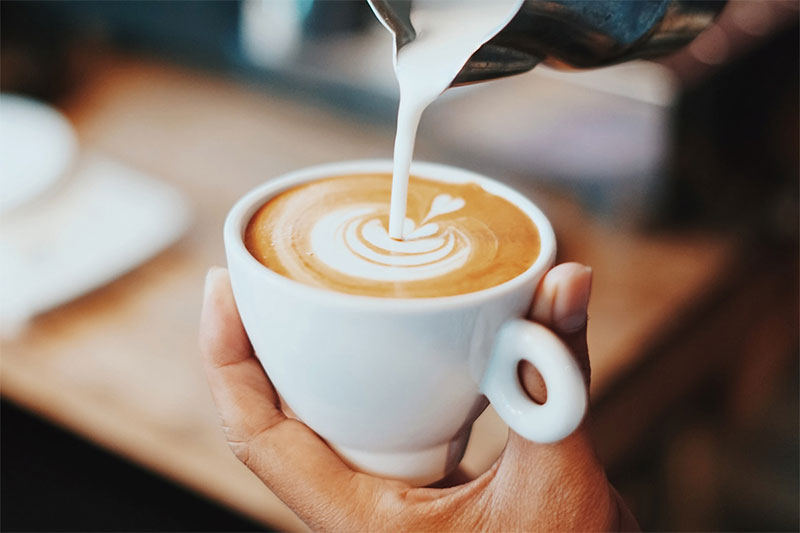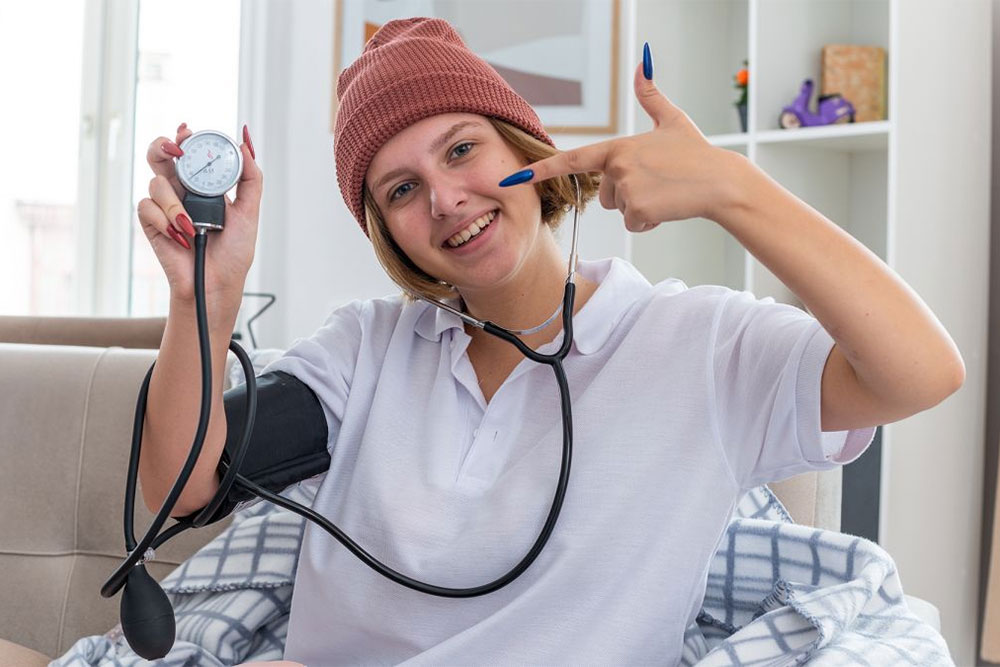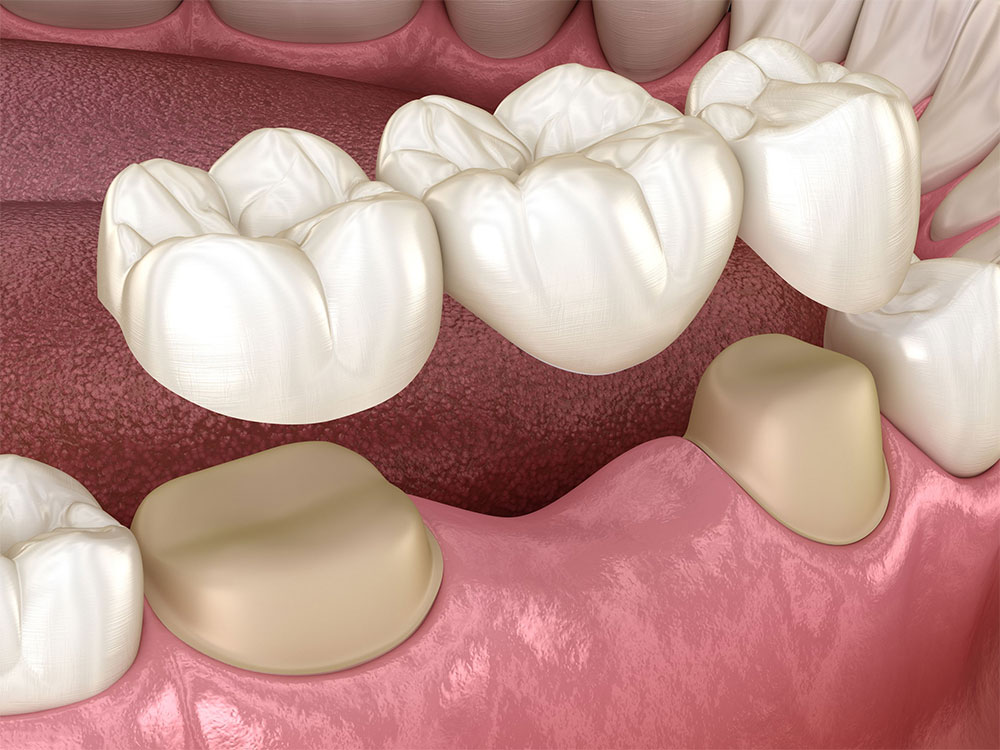Blood pressure is one of the key indicators human health, affecting the functioning of the cardiovascular system and general well-being. This is the pressure that blood exerts on the walls of the arteries during heart contractions and relaxations. Normal blood pressure is about 120 millimeters of mercury (mmHg) at the top (systolic) and 80 mmHg at the top. for the lower (diastolic) indicator. However, blood pressure can fluctuate between people and in different situations.
In this context, it is important to distinguish between low and high blood pressure. Low blood pressure, or hypotension, is often accompanied by symptoms such as dizziness, weakness, fatigue and sometimes even fainting. While high blood pressure, or hypertension, is a risk factor for the development of cardiovascular diseases such as heart attack and stroke.
Maintaining normal blood pressure levels is an important part of taking care of your health. In this context, the question arises of how to raise or lower the pressure if necessary. In this article, we will look at ways to increase blood pressure for people suffering from hypotension or feeling weak due to low blood pressure.
How to increase blood pressure?
Many people are interested in the question of how to increase blood pressure? There are several ways to raise your blood pressure, but before you do anything, it’s important to make sure your blood pressure is low and not high. If your blood pressure is very low and you feel weak or dizzy, seek help from your doctor.
Drink water

How to raise blood pressure? Lack of fluid in the body can lead to low blood pressure. Drink water regularly throughout the day, especially after exercise, because fluid loss through sweat can make hypotension worse.
Eat salty foods
How to increase the pressure at home? Salt helps retain water in the body, increasing blood volume and blood pressure. However, be aware that consuming large amounts of salt can be harmful to health, especially for people with heart or kidney problems. A moderate increase in salt intake may be beneficial for those with low blood pressure.
Eat often, but in small portions
Eating regularly helps maintain blood sugar levels and reduces the likelihood of low blood pressure after meals. Make sure your diet is rich in proteins, healthy fats, vegetables and fruits.
Avoid standing in a vertical position for long periods of time
How to increase blood pressure? If you have hypotension, prolonged standing or sitting may worsen symptoms, such as dizziness or weakness. Try to take breaks to lie down or elevate your legs, especially if you stand or sit for a long time.
Physical activity
Regular moderate exercise, such as walking, swimming or yoga, improves circulation and can help raise blood pressure. However, avoid exercising too intensely, especially if you feel weak or tired.
Avoid hot baths and showers
Hot water can cause blood vessels to dilate and cause a temporary drop in pressure. If you have problems with low blood pressure, avoid long hot baths or showers.
Coffee or tea

Caffeine in coffee and tea has a stimulant effect that can temporarily increase blood pressure. However, do not overindulge in caffeine, as it can lead to lack of sleep, nervousness, and other unwanted effects. Drinking coffee or tea in moderation may be helpful in raising blood pressure, but keep within reasonable limits.
Every body is unique, and it is not always necessary to actively increase blood pressure. If you experience persistent low blood pressure or severe symptoms, consult your doctor for individual advice and treatment.
Follow a healthy lifestyle, pay attention to your nutrition and activity, and maintain your cardiovascular health for a full and active life.




